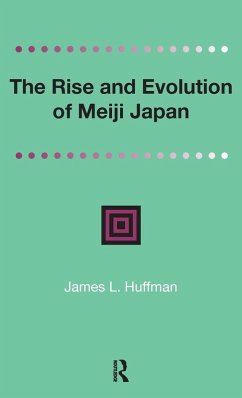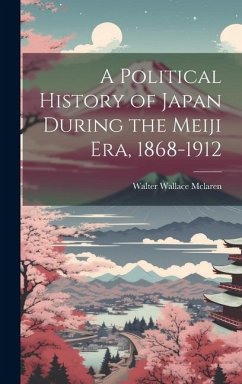
Democracy in Japan
The Logic of One-Party Dominance
Versandkostenfrei!
Erscheint vorauss. 1. März 2026
103,99 €
inkl. MwSt.

PAYBACK Punkte
52 °P sammeln!
Analyzes Japanese democracy utilizing a comprehensive survey of politicians and voters. Democracy in Japan is based on the monumental UTokyo-Asahi Survey, a survey of Japanese voters and political leaders conducted over two decades. It succeeds in estimating the preferences of individual politicians--including prime ministers and other top leaders--in the most straightforward and reliable way and comparing them with voters on the same scale. As a result, Masaki Taniguchi shows, the survey empirically reveals that the Liberal Democratic Party has been able to maintain one-party dominance despit...
Analyzes Japanese democracy utilizing a comprehensive survey of politicians and voters. Democracy in Japan is based on the monumental UTokyo-Asahi Survey, a survey of Japanese voters and political leaders conducted over two decades. It succeeds in estimating the preferences of individual politicians--including prime ministers and other top leaders--in the most straightforward and reliable way and comparing them with voters on the same scale. As a result, Masaki Taniguchi shows, the survey empirically reveals that the Liberal Democratic Party has been able to maintain one-party dominance despite its unprecedented shift to the right since 2012--not because voters' preferences have become more conservative but because it has maintained its valence in economic policy, which is not related to the left-right axis in Japan.












